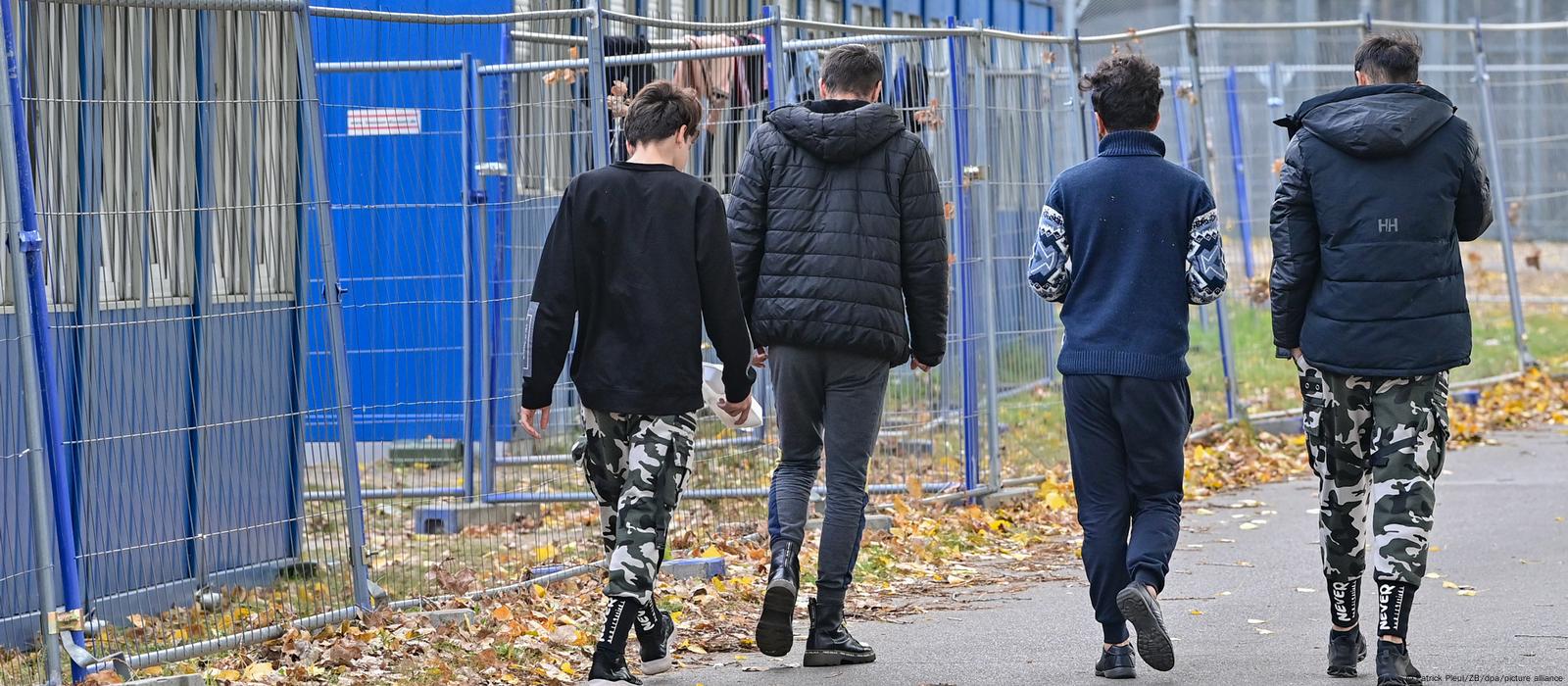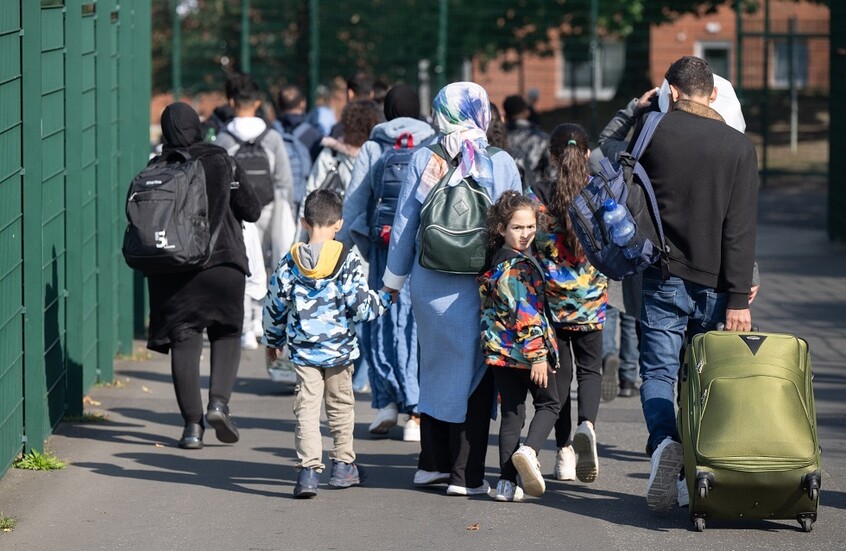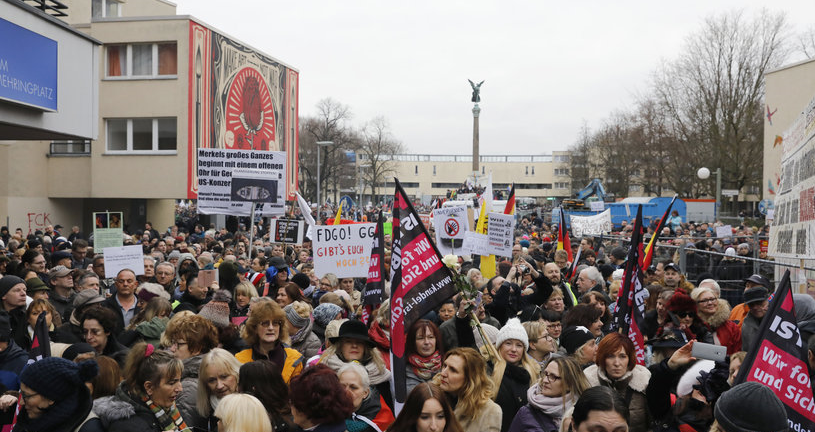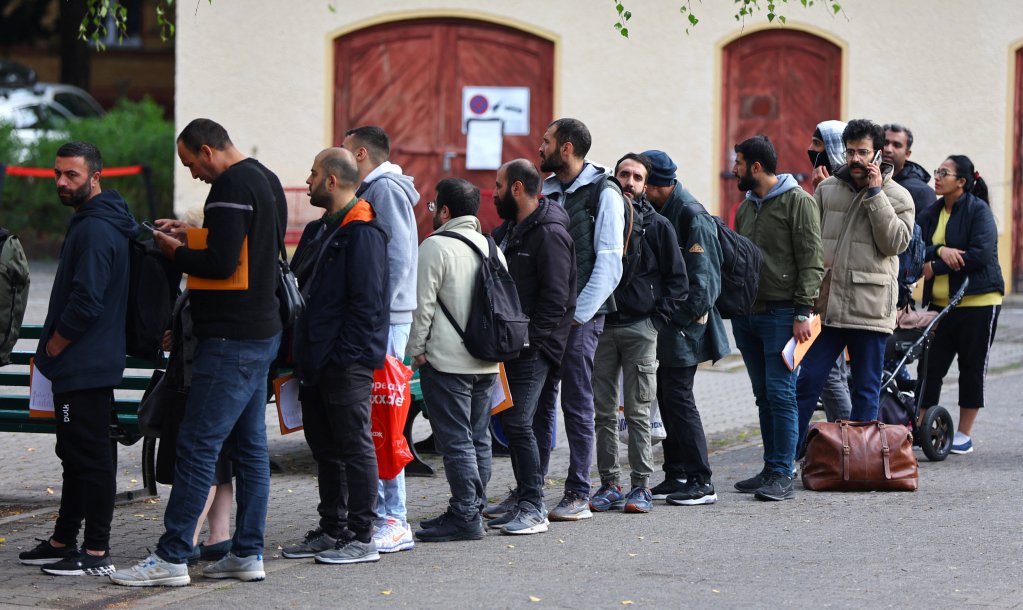According to a police report published by the German News Agency, there were 519 recorded attacks on refugees and asylum seekers in the first half of 2024. These incidents ranged from coercion and incitement to hatred to physical violence. Refugees in Germany face frequent verbal and physical assaults, with Saxony and Thuringia being the regions with the highest rates of such attacks.
According to the German News Agency, the report was issued in response to a query from the Left Group in the Bundestag regarding the rise in attacks on refugees, particularly those involving incitement to hatred, coercion, and grievous bodily harm.
The government’s response revealed that 46 refugees, including six children, were injured in incidents occurring outside refugee residences. The police report indicates that most attacks—456 in total—were linked to the right-wing scene. Additionally, the report documented 69 attacks on refugee residences, with 88% of these incidents classified as right-wing politically motivated.
The police recorded 1,155 attacks on refugees in the first half of 2023, with a total of 2,450 attacks throughout the year. According to information published by the newspaper NOZ, the majority of attacks on refugees were concentrated in Saxony and Thuringia. In the second quarter of 2024, 286 attacks on refugees were recorded, with Saxony accounting for 41 attacks, Thuringia for 35 attacks, and Bavaria ranking third with 31 attacks. Lower Saxony reported 30 attacks, and Brandenburg reported 29 attacks.
Clara Bonger, a representative from the Left Party in the German Bundestag, expressed her dismay regarding the increasing number of attacks on refugees. Bonger highlighted the well-established correlation between racist slogans by politicians, racial mobilization, and street attacks.
The right-wing demands in parliament for stricter immigration policies, the government’s tendency to blame refugees for all types of social problems, and the widespread announcement of deportations or labeling asylum seekers as invaders, as seen in Britain, give racists the sense that they can pursue and intimidate refugees, according to Bonger.





